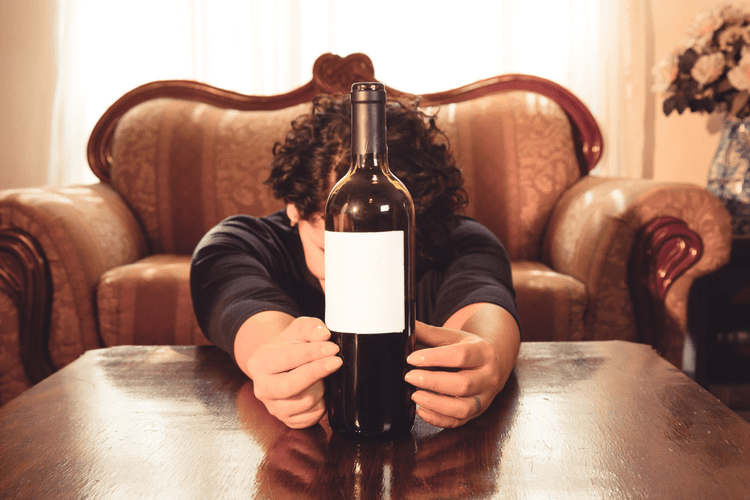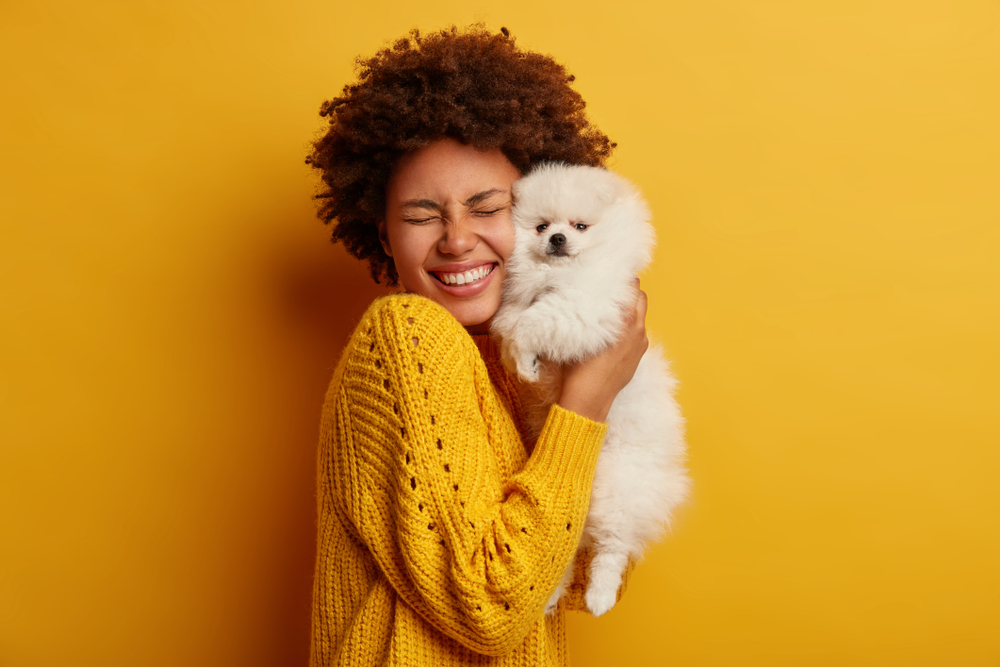Disturbed Sleep And Its Relationship To Alcohol Use
Content
It can have a relaxing effect, but research shows that too much alcohol can lead to a lack of sleep or insomnia. Alcohol use can impact the quality of your sleep, and research confirms there’s a link between alcohol use and insomnia.
Furthermore, drinking moderate to high amounts of alcohol prior to sleep can narrow the air passage, causing episodes of apnea in persons who normally do not exhibit sleep apnea symptoms. The blue light emitted from your devices may interfere with your natural sleep-wake cycle. In the hours before bedtime, exposure to screens may make it more difficult to fall asleep and feel rested in the morning. Setting and sticking to a regular sleep schedule can improve sleeping patterns over time. It may be helpful to try to fall asleep and wake up at the same time every day.
How Does Alcohol Affect Your Sleep?
For older adults, a lower threshold has been used or recommended by some investigators (Blow, 1998; Moore et al., 2003; SAMHSA, 2012b). Removing stimulant use six hours prior to sleep, and avoiding late meals and naps are simple advice that may be helpful. In progressive relaxation therapy, training muscle tension and breathing are used to create a restful state. Greeff and Conradie reported that 10 sessions of progressive relaxation training in 11 alcoholic men with insomnia showed significant improvement in self-reported sleep quality . Alcohol can have either a stimulating effect that increases sleep latency or a sedating effect that induces sleep, depending on dose and the interval from drinking to bedtime. Stimulating effects are noted at low doses and as blood alcohol levels rise, usually in the first hour after use.
With continued consumption, studies found alcohol’s sleep-inducing effects decrease, while its sleep disturbance effects increase. Many people suffering from insomnia will take a drink before bedtime to help them fall asleep. After an initial stimulating effect, alcohol’s alcoholic insomnia sedating effects can reduce the time required to fall asleep. If you are having trouble sleeping, talk to your doctor about how to improve your sleep quality. He or she may be able to rule out underlying sleep disorders like sleep apnea and suggest appropriate sleep aids.
Sleep And Recovery
A National Institute on Alcohol Abuse and Alcoholism research review also compares the effect of alcohol on the circadian rhythm to that of jet lag from a long journey. Another cause, as you may be dealing with now, is quitting alcohol.

When you’re wound up at the end of a long, stressful day, a nightcap may sound like the perfect way to relax before bed. But while a little alcohol may make you feel sleepy, it can set you up for a restless night. Can you unwind with a late-night drink without winding up fatigued in the morning? Staying physically active during the day can help you fall asleep at night, as well as promote overall health. Having the occasional nightcap to unwind is no biggie and may help you fall asleep faster. As your body metabolizes the alcohol and the sedative effects wear off, it can interfere with your circadian rhythm, and cause you to wake up frequently or before you’re properly rested.
How Long Does Insomnia Last After Quitting Alcohol?
Anestimated 10 million people consult health care practitioners for sleep disorders and of these, half receive prescriptions for sleep medications . For those patients with chronic insomnia who have an underlying problem of alcohol abuse, clinicians need to prescribe particularly carefully . The sleep of individuals with depressive and/or anxiety disorders resembles the sleep of persons with alcoholism . Similar REM sleep changes occur during withdrawal in alcoholics with and without secondary depression .
In a normal circadian rhythm, hormones are released at certain times throughout the day. Alcohol interrupts this process, causing abnormalities in how circadian hormones are released. Also, research shows that people can develop a tolerance to this boozy method within three nights, causing you to need a larger amount of alcohol to get the same effect. If you pass the moderate threshold, though, you’ll get a lot more of that initial non-REM sleep, but significantly reduce the total percentage of REM sleep over the whole night. Drinking a light to moderate amount of alcohol before bed may not have much of an impact.
Wait Between Drinking And Bedtime
In general, non-benzodiazepine sedative drugs should be used in place of benzodiazepines, which can be addictive. However, she said her results may not apply to those with severe alcohol use disorders, and she acknowledges there is a lot of work left to be done. Her findings suggest that heavy drinking won’t diminish the efficacy of insomnia treatment. Miller found that the CBT-I group, which received the five weeks of therapy, had bigger improvements in insomnia and that these improvements were connected to a reduction in alcohol-related problems. After the five-week experimental period, participants from both groups were called in to complete a post-treatment survey. This consisted of a Qualtrics self-report survey and a worksheet to report the amount of alcohol they consumed in the past month. She wanted to recruit a sample that wasn’t limited to college students.
How to sleep: The drink triggering nightmares and severe breathing issues – expert advice – Express
How to sleep: The drink triggering nightmares and severe breathing issues – expert advice.
Posted: Sun, 21 Nov 2021 08:00:00 GMT [source]
You could also use the ‘fast forward’ technique to motivate you – imagine your tomorrow and consider if you’ll be able to do all the things you’d planned to do if you drink tonight. With the wine, I’d be flat out in minutes but suddenly I found myself listening to every noise in the house, and looking out the window for ages. We have strict sourcing guidelines and only link to reputable media sites, academic research institutions and, whenever possible, medically peer reviewed studies. All Addiction Group content is medically reviewed or fact checked to ensure as much factual accuracy as possible. MAT can help prevent relapse and increase your chance of recovery if combined with other therapies.
Alcohol And Sleep: What Happens When You Booze Before You Snooze?
An alcoholic drink might even be part of their bedtime routine. In the long term, insomnia can take a serious toll on your mood, energy level, physical and mental health, work performance, and overall quality of life. If it has been months and you are still struggling to understand how to deal with alcohol insomnia or other severe sleep disturbances in recovery, it may be time to get help. A sleep doctor or specialist may be able to help you overcome these problems once and for all. Managing insomnia in alcohol recovery isn’t just about getting sleep, it is about avoiding relapse. Persistent sleep problems after withdrawal are connected to a greater risk of alcohol relapse.1 To stay on track, it is important to learn how to deal with insomnia after quitting alcohol.
But to be serious for a moment. It’s a cultural thing. In Sudan people didn’t have dance clubs so wedding parties took their place.
Alcohol and drugs are a part of British culture. Like chilling at a sit shai and drinking coffee after 8 pm, giving everyone unnecessary insomnia.— 🇸🇩 Sadig/ Search #SudanCoup! Defeat Oppression (@SaGaMuk) December 9, 2021
Alcohol relaxes upper airway dilator muscles increasing nasal and pharyngeal resistance , and it prolongs the time required to arouse or awaken after an apnea occurs . Alcohol also selectively depresses hypoglossal nerve activity and alters carotid body chemoreceptor function. Continual lack of quality sleep can have dangerous health effects. It can seriously suppress the immune system, impair cognitive and motor function, and increase the risk for heart disease, heart attack, stroke, diabetes, and more. Sleep problems also contribute to irritability, anxiety, and depression, which can seriously impact those in recovery.
Sleep is pretty light, and your heart rate, breath, and eye movements move slowly. But while you may think a few beers or glasses of pinot lull you into slumber, alcohol before bed actually messes with your sleep.

With professional assistance, withdrawal and other side effects can be managed and you can achieve the quality of life you deserve. There are also several steps you can take to improve your quality of sleep and quality of life.
Can You Drink Within Certain Limits?
The circadian rhythm is responsible for keeping the body anchored to a 24-hour cycle. As part of this 24-hour cycle, the body releases a hormone called melatonin to prepare us for sleep in the evening. Older studies have found that drinking alcohol before bedtime lowers melatonin levels and interferes with core body temperatures, which in turn impacts sleep quality. One of the best ways to deal with alcohol withdrawal insomnia is to create a good bedtime routine. Your body and brain may need time to wind down before falling asleep. If you follow a regular and relaxing bedtime routine, your mind will start to make the connection between these activities and sleep. Though there may be limitations to self-reported data, an individual’s perceptions of his or her sleep and alcohol use are clinically important, so such data have great value .
- So, you’ll likely need to get up in the middle of the night to use the bathroom.
- Alcohol increases levels of adenosine, a key component of the homeostatic drive.
- This study is also limited in that the insomnia symptoms studied may reflect different sleep disorders, such as obstructive sleep apnea.
- People in recovery who deal with insomnia should seek immediate assistance, as sleep problems increase the chances of relapse.
When you share your thoughts, you no longer need to hold on to them in your mind. Sleep hygiene refers to the positive actions you do before and after sleep that help create a routine or schedule. These actions become habits that help your body’s natural biological clock know what to expect throughout each day. These are the sleep habits Nicole Draper uses to keep her shut-eye on track. They include lots of exercise and a nightly phone reminder to get ready for…

We publish material that is researched, cited, edited and reviewed by licensed medical professionals. The information we provide is not intended to be a substitute for professional medical advice, diagnosis or treatment. It should not be used in place of the advice of your physician or other qualified healthcare provider. One study showed that muscle relaxation therapy can improve the sleep quality of people with drinking problems. During a two-week period, patients battling alcoholism and insomnia received progressive relaxation training, while other patients received no treatment.
Those reporting any of these “most of the time” were considered to have an insomnia symptom, which served as the outcome. We found that the proportion of men who reported occasional or frequent binge drinking was larger than that of women. This extends previous research that reported a greater prevalence of alcohol use and binge drinking among men (Naimi et al., 2003) to include middle-aged and older adults. Indeed, non-pharmacological interventions should be employed as therapy Transitional living for insomnia in older people (Morin et al., 2006). Alcohol-dependent patients with insomnia are more likely to report using alcohol to improve sleep than those with out insomnia. If insomnia is a withdrawal symptom, then relief drinking seems a reasonable and reinforcing strategy, though counter productive. A substantial proportion of abstinent alcohol dependent persons describe having been aware that alcohol disturbed their sleep, but that they needed to drink to get to sleep .
If alcohol continues to disrupt your overall sleep quality, you may consider cutting it out entirely, or limiting your intake before bedtime. If you’ve stopped drinking alcohol, but are still having sleep issues, be sure to reach out to a sleep specialist. If you drink alcohol at night and have trouble falling or staying asleep, you might wonder how long you should wait between your last drink and going to bed so your sleep isn’t impacted. He graduated with a degree in journalism from East Carolina University and began his professional writing career in 2011. Matt covers the latest drug trends and shares inspirational stories of people who have overcome addiction. Certified by the Centers for Disease Control and Prevention in health literacy, Matt leverages his experience in addiction research to provide hope to those struggling with substance use disorders.
